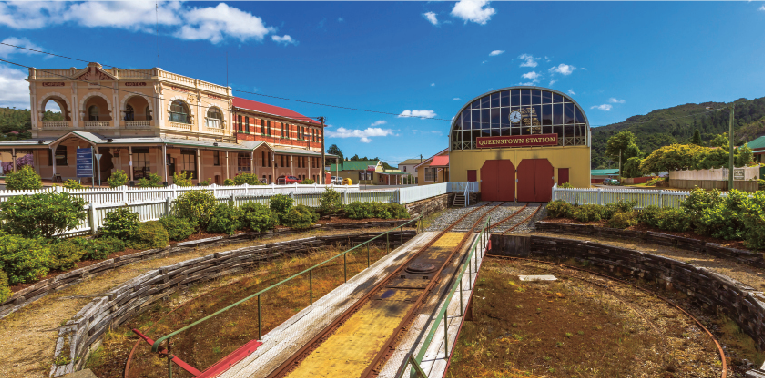Rural intern placements can sometimes be a culture shock, but a new Tasmanian program is aiming to change the experience for medical students
Rural intern placements can sometimes be a culture shock, but a new Tasmanian program is aiming to change the experience for medical students.
The three-year program coordinated on behalf of the federal government by Ochre Health is placing 60 junior doctors across the rural communities of Flinders Island, King Island, Scottsdale, Queenstown, and the Huon Valley.
The intern program had already set a precedent for encouraging interns to pursue rural generalism, Dr Dennis Pashen, a GP and medical coordinator for Ochre Health Tasmania, told The Medical Republic.
“In last year’s cohort, almost all of them wanted to go into a rural generalist program either in Tasmania or other states,” he said.
“They are looking at getting advanced skills in a range of areas, from obstetrics to emergency medicine and even pain and palliative care medicine.”
Tasmania has struggled for a long time with recruiting doctors for rural towns and keeping them for extended timeframes.
Dr Pashen believes the answer to this lies in creating positive training opportunities in the regions.
“Once you start to create a teaching hub in rural and remote communities, you start to create an example of how you can recruit doctors and other health staff into rural communities,” he said.
Ochre Health, which operates nine medical centres across Tasmania, was awarded a government grant in 2018 to help facilitate the training, mentoring and support of these junior doctors.
The program is the first of its kind in Tasmania, where interns work in small rural hospitals with a general practice attached.
“They are in general practice for most of the day, then go to the hospital upstairs and do emergency triaging,” Dr Pashen said.
This hands-on experience is invaluable according to Dr Pashen, as interns will usually attend to a patient in emergency and also see them after discharge for their follow-up appointments.
“That kind of environment is a true reflection of what happens in rural communities and part of what makes rural medicine so interesting,” he said.
The interns are also offered a strong support system throughout their rotation, says Dr Pashen. They operate with clinical autonomy, but are able to consult with superiors to confirm their knowledge.
For some interns, they may already have long-term partners and children, so moving to a remote location can come as an inconvenience.
Ochre has attempted to make the transition easier this year by renting a three-bedroom house in Queenstown in Tasmania for interns with families.
This has not only made the experience more comfortable, but has freed up spaces for students at the University of Tasmania accommodation.
The interns also enjoy protected working hours, so they have time to be a part of the local community.
Patients also enjoy seeing the interns in the clinics, as they can often spend longer with them than a GP might usually have time for.


